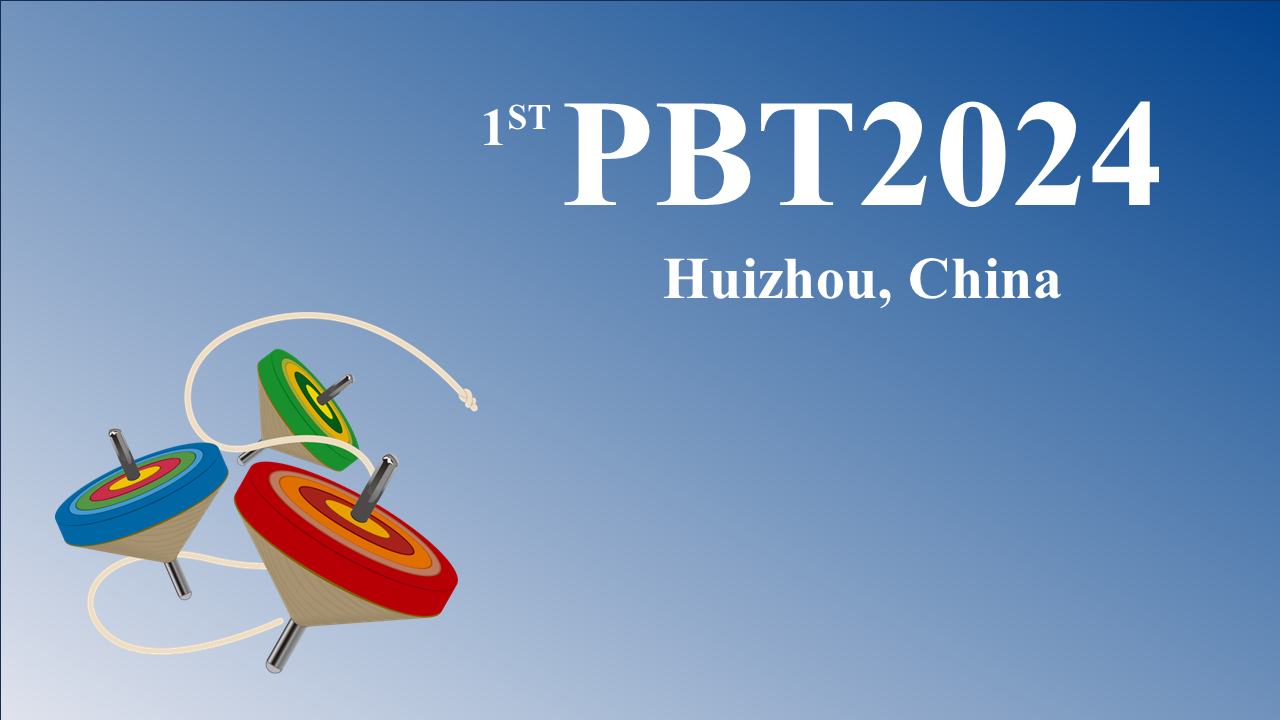
As a fundamental physical quantity in microcosm, spin plays roles of intrinsic importance in the structure of microscopic particles and interactions among them. The spin-polarized experiment is a unique tool to probe the spin dynamics and structure in detail. A large number of polarized experiments have been carried out since the 1960s, with both polarized lepton and hadron probes. Along this procedure, spectacular techniques and apparatus of polarized sources, beams, and targets, as well as polarimetry have been developed. In the past, polarized experiments have been mainly employed in the particle and hadronic communities, partly due to the reason that major efforts in polarizing particles have been devoted to light ions (i.e. proton, deuteron and helion) and leptons. Recently, several novel methods of polarizing heavy ions have been proposed and are under test. In the meantime, increasing interests in investigating the spin degree of freedom in atomic and nuclear physics are also emerging. The GSI/FAIR and IMP/HIAF are now constructing their next-generation accelerator facilities. The discovery potential of both facilities will be boosted dramatically, with the capabilities of providing polarized beams and targets. We hope the PBT2024 workshop will provide a platform to promote academic exchanges and the scientific collaboration between GSI/FAIR and IMP/HIAF in polarized physics and beyond.
The workshop will focus on the recent developments of the technology for polarized beams and targets, polarimetry for future colliders. Polarized experiments for atomic physics, nuclear physics as well as hadron physics will also be discussed.
